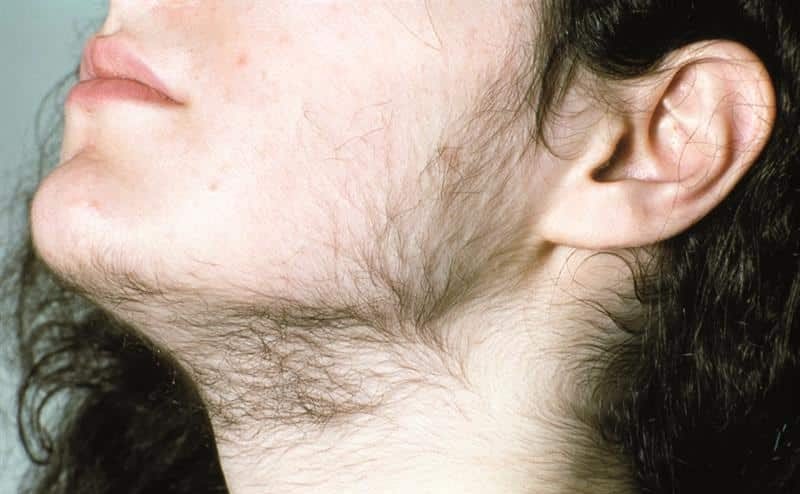## What is PCOS?
Polycystic ovarian syndrome, often abbreviated as PCOS, is the most prevalent hormonal disorder among women. Approximately 8-13% of women globally, or about one in ten women, are impacted by PCOS from the onset of menstruation through to menopause. Women with this condition frequently encounter irregular menstrual cycles, difficulties with fertility, acne, excessive hair growth, and weight gain.
PCOS is typically characterized by the presence of multiple small fluid-filled sacs around the edges of the ovaries, known medically as cysts. These cysts contain immature eggs, or follicles. For women with PCOS, these ovarian follicles fail to release eggs properly, which can significantly affect reproductive health.
In this article, we explore PCOS, detailing its symptoms, risk factors, and underlying causes. Continue reading to learn effective management techniques for this condition.
Understanding PCOS Symptoms
Hormones serve as the body’s chemical messengers. In women with PCOS, there is an overproduction of insulin and androgens (male-type hormones). Although the symptoms of PCOS can vary between women and may evolve over time, this hormonal imbalance can lead to a range of adverse signs and symptoms, including:
- Irregular or absent menstrual cycles
- Excessive hair growth on the face, stomach, and back
- Hair thinning or loss on the scalp
- Severe acne or pimples
- Weight gain
- Emotional distress, such as anxiety, depression, or poor body image
- Difficulty conceiving (infertility)
- Elevated risk of developing type 2 diabetes
Health Complications Related to PCOS
Weight Management: Many women with PCOS find it challenging to manage their weight, which can aggravate the condition through increased androgen production.
Mental Health: Depression and anxiety are more common in women with PCOS, although the precise cause remains uncertain. Experts suggest this may be due to hormonal effects and the stress of managing PCOS symptoms.
Fertility Challenges: With hormonal imbalances, irregular menstrual cycles, and weight issues, women with PCOS might struggle to conceive naturally. Fertility support may be necessary. Given that fertility rates decline after the age of 35, women with PCOS should consider family planning before this age to provide ample time for reproductive assistance if required.
Other Health Concerns: PCOS is associated with a heightened risk of developing several conditions, including prediabetes, type 2 diabetes, gestational diabetes, abnormal cholesterol and blood fat levels, and cardiovascular diseases like heart attack and stroke. However, adopting an active lifestyle, maintaining a healthy diet, and achieving weight loss can significantly mitigate these risks.
Causes of PCOS
PCOS can develop from a combination of genetic, hormonal, and lifestyle factors. Women with a family history of PCOS in their mother, aunt, or sister have a 50% higher likelihood of developing the condition themselves. Some research also indicates that PCOS is more common among women of Asian, Aboriginal, Torres Strait Islander, and African descent.
Though the exact cause of PCOS remains elusive, early diagnosis, appropriate treatment, and weight management can reduce the risk of long-term complications such as heart disease and type 2 diabetes.
For more insights and support regarding PCOS, visit [Bridge Health](#).
